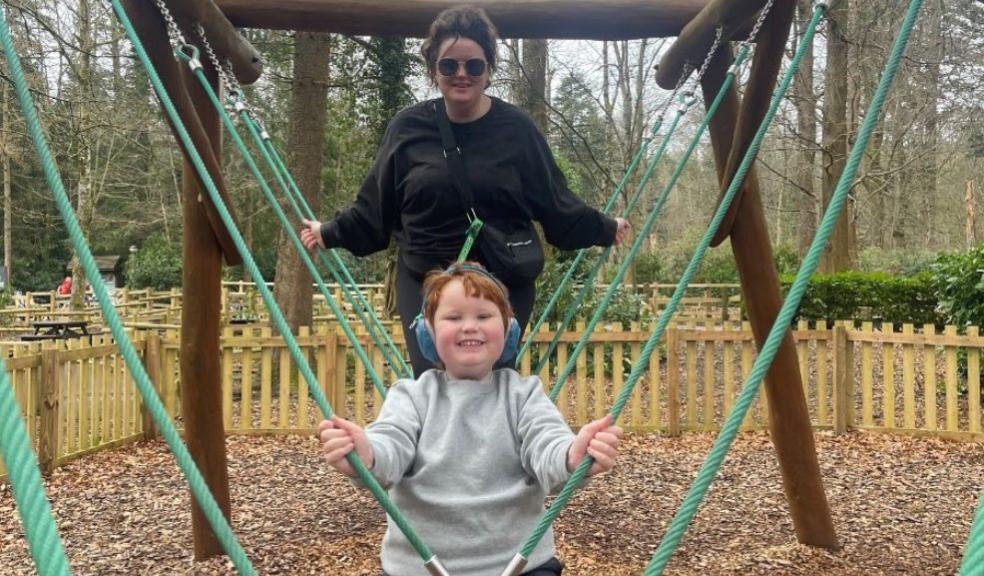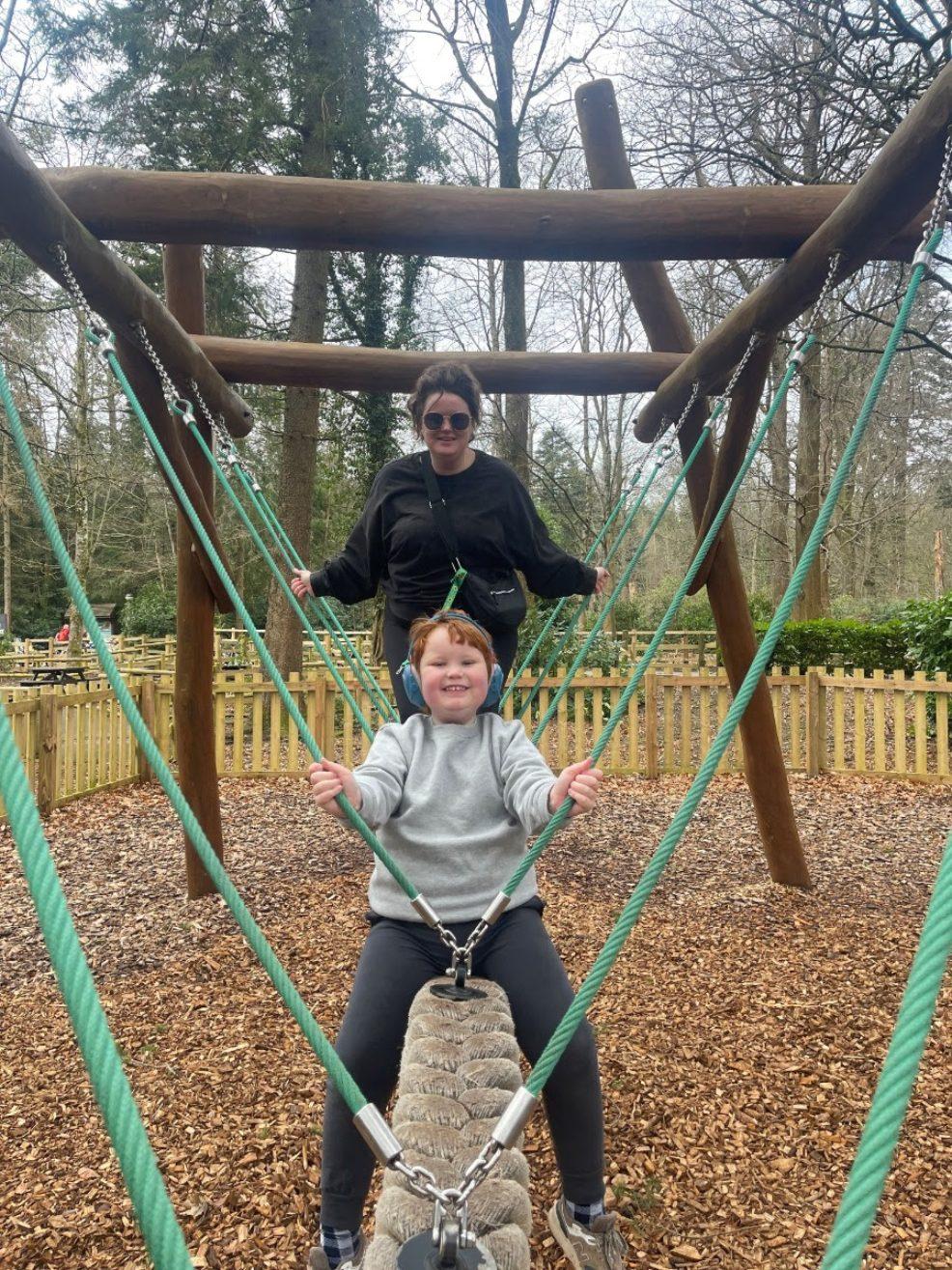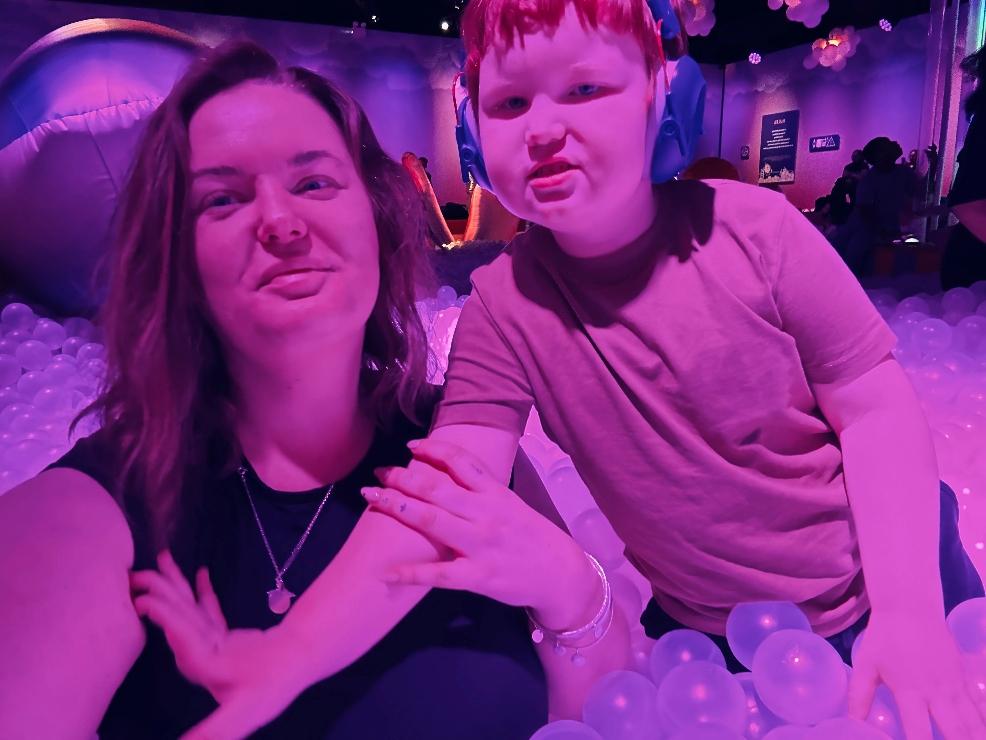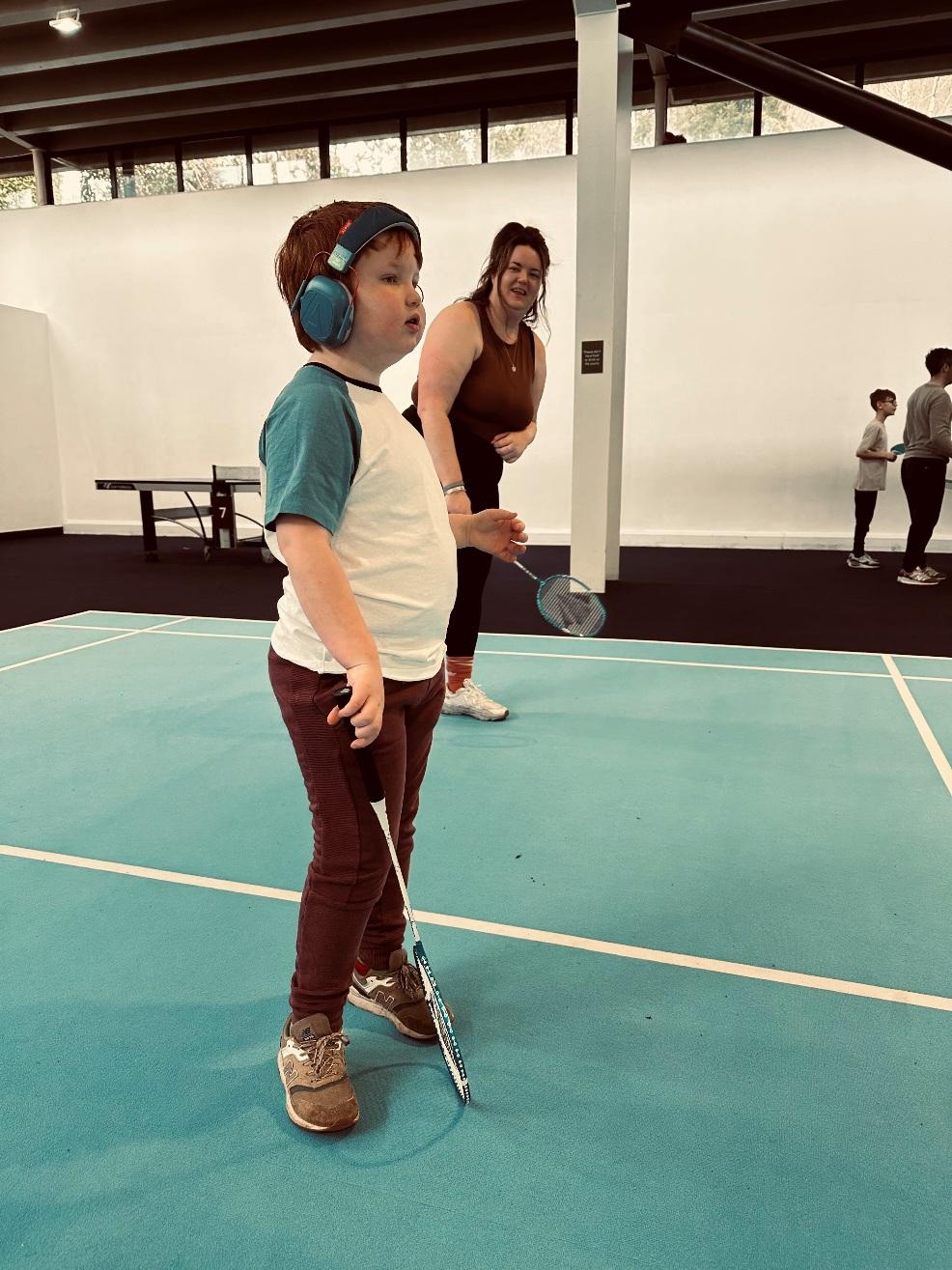
94% of families feel their autistic child will not be accepted out and about this Easter
To mark World Autism Acceptance week, 2-8th April, national disability charity Family Fund shares mini poll findings from 200 families raising an autistic child which shows the majority are experiencing a lack of acceptance, understanding or support outside the home.
Family Fund is the UK’s largest grant making charity supporting families on low incomes raising disabled and seriously ill children, many of whom are on the autism spectrum. Autism is a lifelong developmental disability which mainly affects children’s communication, behaviour and how they process tastes, touch and sounds (sensory processing). More than 1 in 100 people are thought to be on the autism spectrum.
 In the mini poll, conducted on social media, the top three things parents with autistic children felt weren’t understood were their child’s behaviour - such as not playing or following instructions in the same way (86%); their child having meltdowns and getting very distressed (79%) or not being able to speak or communicate as others might expect (70%).
In the mini poll, conducted on social media, the top three things parents with autistic children felt weren’t understood were their child’s behaviour - such as not playing or following instructions in the same way (86%); their child having meltdowns and getting very distressed (79%) or not being able to speak or communicate as others might expect (70%).
To mark the week, Family Fund is highlighting the simple steps people can take to make a positive difference to the daily lives of families raising an autistic child.
Thirty-nine per cent of people said making small allowances, such as allowing their child extra time or another turn (on a swing, a ride etc) in line with their needs, helps. A third of parents and carers (33%) say that not staring at them, or their child, makes a big difference. Chatting to families and giving them a smile also makes a really positive difference to parents and carers.

Lily and Olly’s family story
Lily, mum to five-year-old son, Olly, who is autistic and pre-verbal, said: “Parents of disabled children are just like everyone else. We just want to take our kids out swimming or to the park, but what people don’t see is that kids with additional needs don’t behave like other children. They may not ‘look’ disabled, but attitudes need to change about the way disabled children behave.
“My son Olly is autistic and he can’t communicate with me. He does things all the time that someone might consider unusual or naughty . He throws his toys or digital devices down the stairs, chews his bedding, lies down on the floor when we go to the shops.But all of those things are just sensory processing needs and they’re normal for an autistic child.
“Sometimes people make faces if he pushes in at the playground, or he just stands in the tunnel and won’t move. If he wants to lie down on the floor, which is very calming and nice for Olly, people say things to you and stare at him. We were at the shops a while ago and someone tried to grab hold of him and pull him up to his feet. It’s so upsetting when these things happen, and I wish people would just ask us if we need help. If your child is neurotypical, just explain to them.
“Family Fund can give you grants for your own home so you can create a play environment that works for your child. So maybe there isn’t a swing for my son at the park, but now, there’s a trampoline in his garden. I never would have imagined this is how my life would be. But once you let go of what could have been, you learn to focus on what your child can do – what makes them funny, how long and tight they want to cuddle you for, all the things that make them special.”

Families who responded to our mini poll share their wider wishes:
“If our child looks different - they probably are and they’re probably doing their absolute best. Until you’ve walked a mile in our shoes - don’t judge us. Remember it could have been your child too.”
“All big stores would consider having quiet shopping times, no music, dimmed lighting etc.” “Have more signs up in play spaces saying be aware, don't stare, explaining autism is a hidden disability.”
“More understanding about autism. People can’t understand that if someone looks normal and talks normally that they can have autism.”














